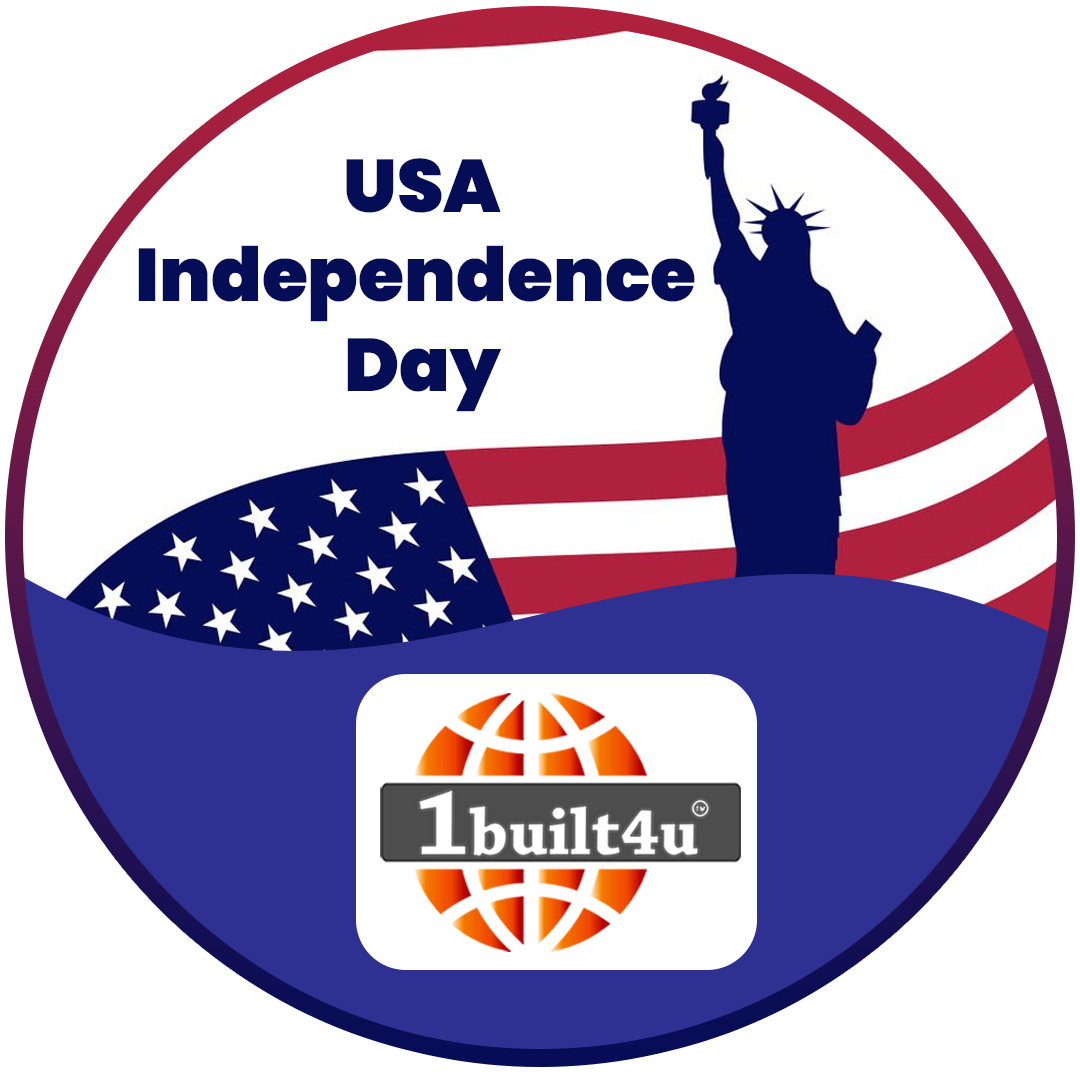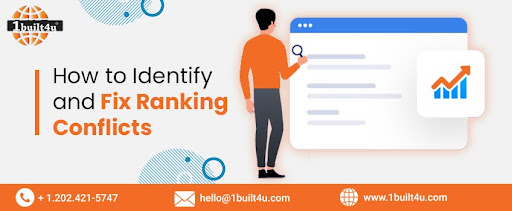
What is The Most Important Google Ranking Factor?
Google's ranking algorithm is very complicated - it uses more than two hundred factors to rank pages in the search engine. But, a factor reigns supreme when it comes to SEO – content. The content quality and its relation to the user query is the primary criterion determining which pages should rank high in Google search results. Our search engine marketing company, Ashburn USA is here to tell you how content is so instrumental in the success of SEO.
Content Drives Links
Some other ranking factors also play vital roles in ranking a site; one of those is backlinks, links linking to the content from other sites. Google sees these links as 'votes' towards your pages from other websites. More links mean that the content within the article is of a higher quality and would be useful to readers. Well, where do these potent backlinks come from? Starting from generating great content that others shall find worthy enough to link to. This means that if your site posts thin, low-quality content, you will get few or no backlinks.
Keyword Optimization
The second crucial component of SEO is on-page optimization, as well as focusing on the right keyword phrases that you would like your site to be ranked for. This includes identifying the specific keywords and questions people use when searching for your type of service and then making sure the actual text you're writing contains these keywords. Weblogs and pages that contain matter optimized for key phrases rank significantly higher for the search terms in question. If your text is keyword optimized and answers to the phrases people type in the search bar, it will be easier for search engines to determine relevance to rank you high.
Useful for Visitors
Even though search engines cannot read and understand the content as human beings, they have developed higher levels of sophistication in analyzing keywords, words, and phrases combined with semantics to make some assumptions that might be relevant to the searchers. Although the engines cannot grasp the meaning of the texts, they can get a relatively complex outcome if they try to copy the human understanding more accurately.
Trust and Authority
The overall perception of the content quality is higher, creating greater trust and authority for the website among visitors and search engines. Establishing expertise on a given topic entails writing factual, research-based, and detailed articles. Thus, visitors and Google trust and prefer sites that "know what they are talking about" and create consistently high-quality content. Yes, it demands time and effort to build up a trustworthy image of the website, but it can deliver high-quality loyal readers, word-of-mouth referrals, lower bounce rates, and a higher reputation as an authority site. Writing low-quality, thin content stuffed with irrelevant information or even wrong data affects the ranking.
Crawling and Indexation
However, to index and rank a page, search engines must first find and crawl it. 'Heavy' web pages containing a great deal of original text are crawled better because bots spend most of their time on the page's content. On the other hand, pages with skinny content are crawled less often or not at all, meaning they can go completely unnoticed. One can say there is insufficient substance for the bots to invest their time into indexing. This means that thin pages cannot rank for anything or even be inserted into the search results in the first place, regardless of whether the other signals are good or not. Additional content means more content for bots to crawl and index, which is the first stage of meeting the requirements for rankings.
Freshness and Updates
The last type of updating is adding new content over time in the form of blog updates, for example, which would demonstrate to search engines that the site is under maintenance. Current data make the content updated and attract the attention of the search bots to crawl more frequently due to the availability of new content. Besides, this gives visitors something to look forward to the next time they visit so that they can see what is new. Updating fresh, interesting content monthly or yearly proves to Google a alive, healthy site they wish to maintain high rankings for users' benefit.
Mobile User Experience
With more and more people using their smartphones to search, mobile reading is becoming crucial. The content must be easily readable on small screens; therefore, responsive design plays an important role. Some aspects such as the size of the font used, the width of the columns, the block text structure and other presentation features that are a factor regarding the satisfaction of the mobile visitors are being closely monitored by Google these days. Optimization of content for mobile user experience is very much related to delivering a good user experience.
Multimedia Elements
Of course, adding extra media elements to the primary content (words, text) is the most critical but can also increase effectiveness. Pictures, videos, diagrams, illustrations, and other visual materials by our PPC management service in Ashburn, VA, help to explain and reinforce the text. They divide large chunks of content into smaller sections for quick referencing and reading through. Multimedia also aligns with the visual learning style and is also effective in explaining ideas compared to text. Ensure that all the images, videos, etc are relevant to the core informational content and do not interfere or detract. While incorporating the elements above, one should not focus on the quantity but rather on the quality of the multimedia elements. Select supplemental content wisely, with intent and relevance.
Length and Depth
This means that generically short articles or blog posts will be less effective for competitive keywords in the future. In most niche markets, long 2000+ word "epic guides" and pillar posts now rule the SERPs. As it stands, the searchers have come to demand and rightfully expect very comprehensive content packed with details, research, and even references. Google will always appear to reward long-form content to the extent of directly responding to a complex search query in detail. Along with multimedia supporting elements, such robust articles meet the visitors' needs to a greater extent as they are informative and conversational.
Conclusion
The continuous thread that runs through all these closely related points is that content should be the primary guiding principle when optimizing a website for search engines such as Google. Great content receives links, effectively targets keywords, establishes brand credibility, fulfills user needs, and actively keeps site visitors. This leads to increased rankings to fetch more organic search visits. Of course, many other factors also play a critical role in the SEO success of the website, such as speed, security, and other technical factors. But the content itself takes the crown when it comes to the factor that is most important in determining the ranking. If one concentrates on the quality of material being produced, then better rankings will surely come in eventually. For more information or to avail services of our content marketing services company in Ashburn, Virginia, visit 1built4u.com!





